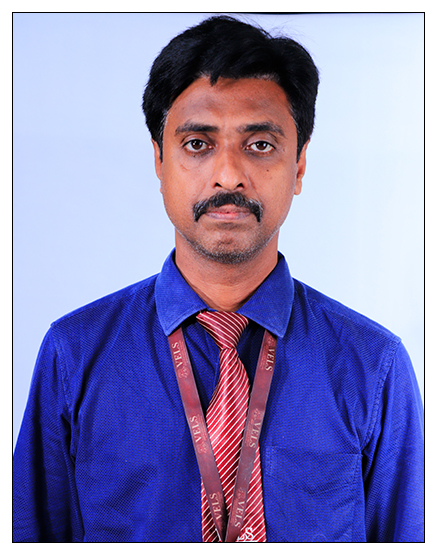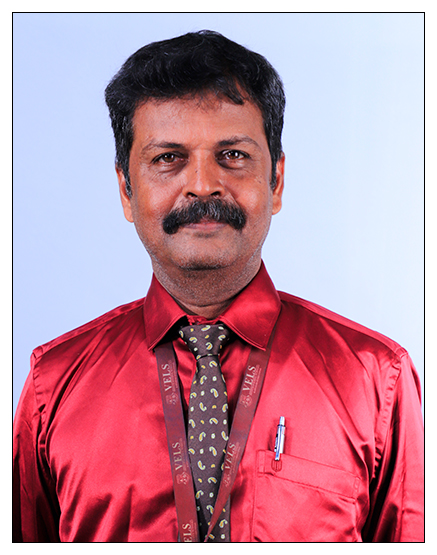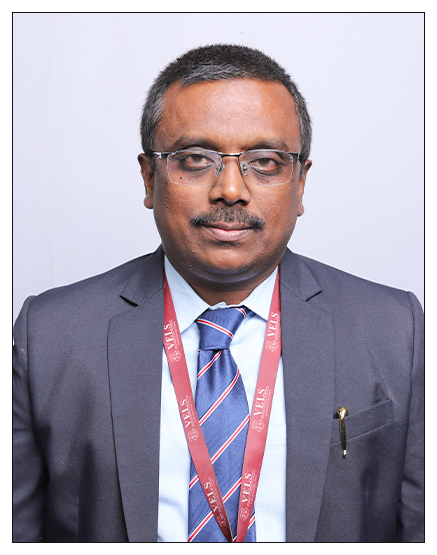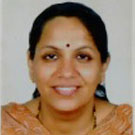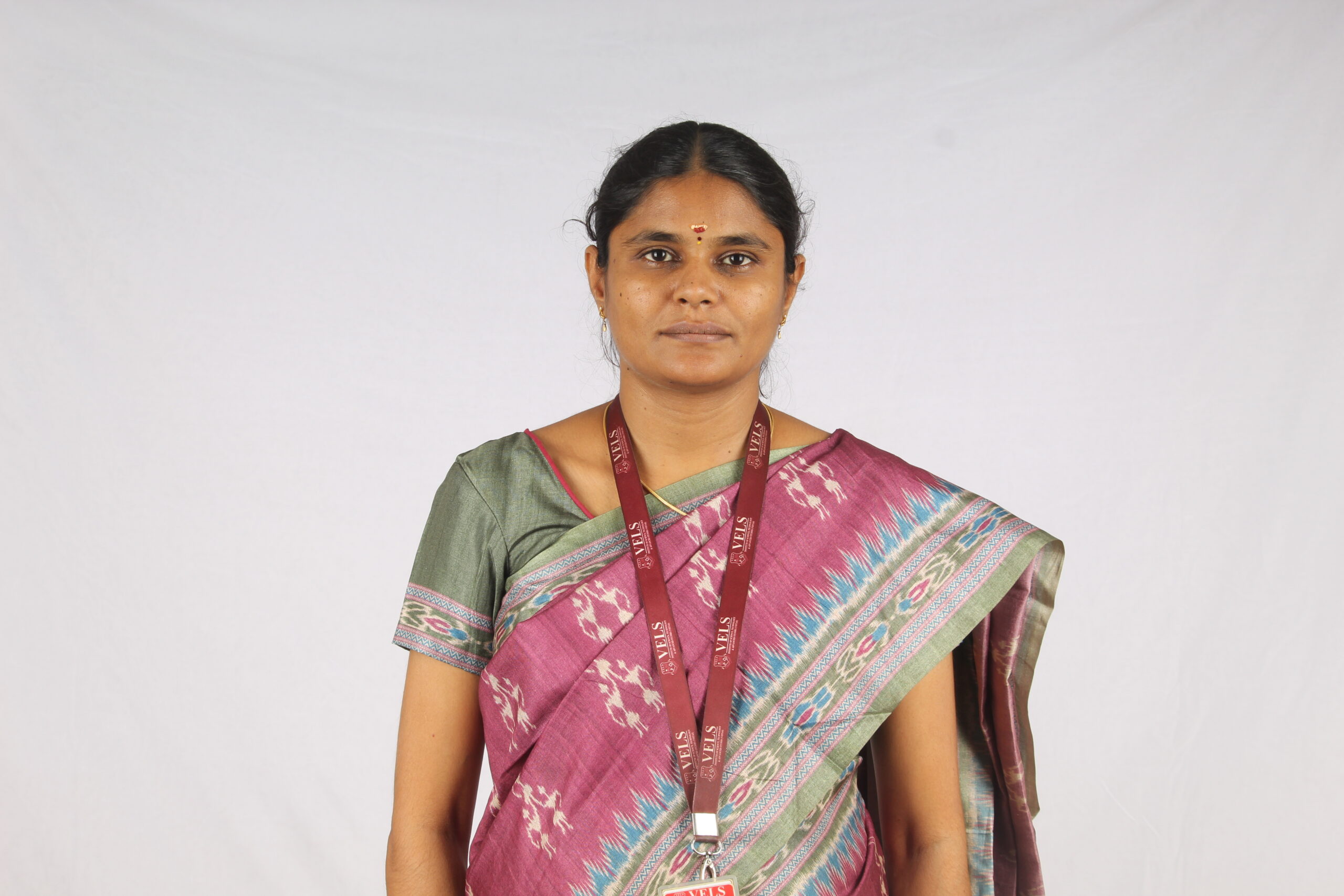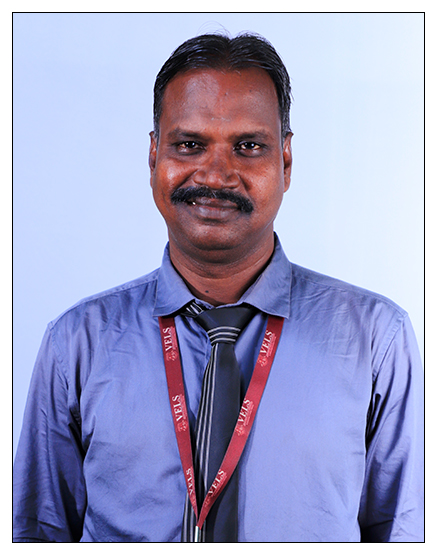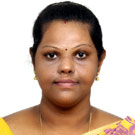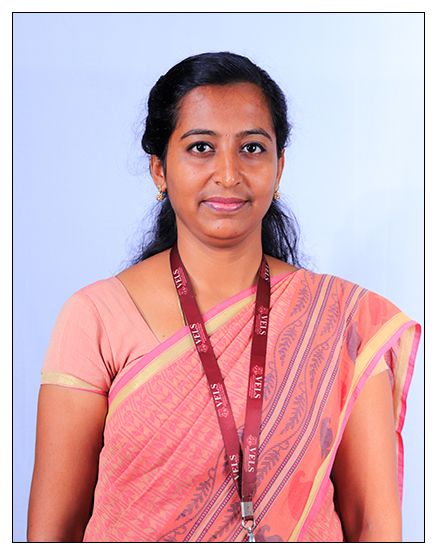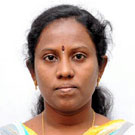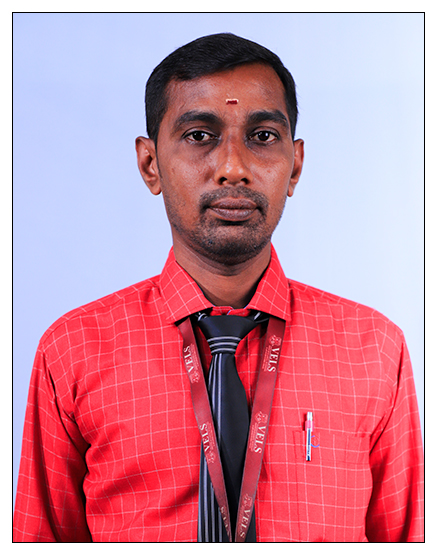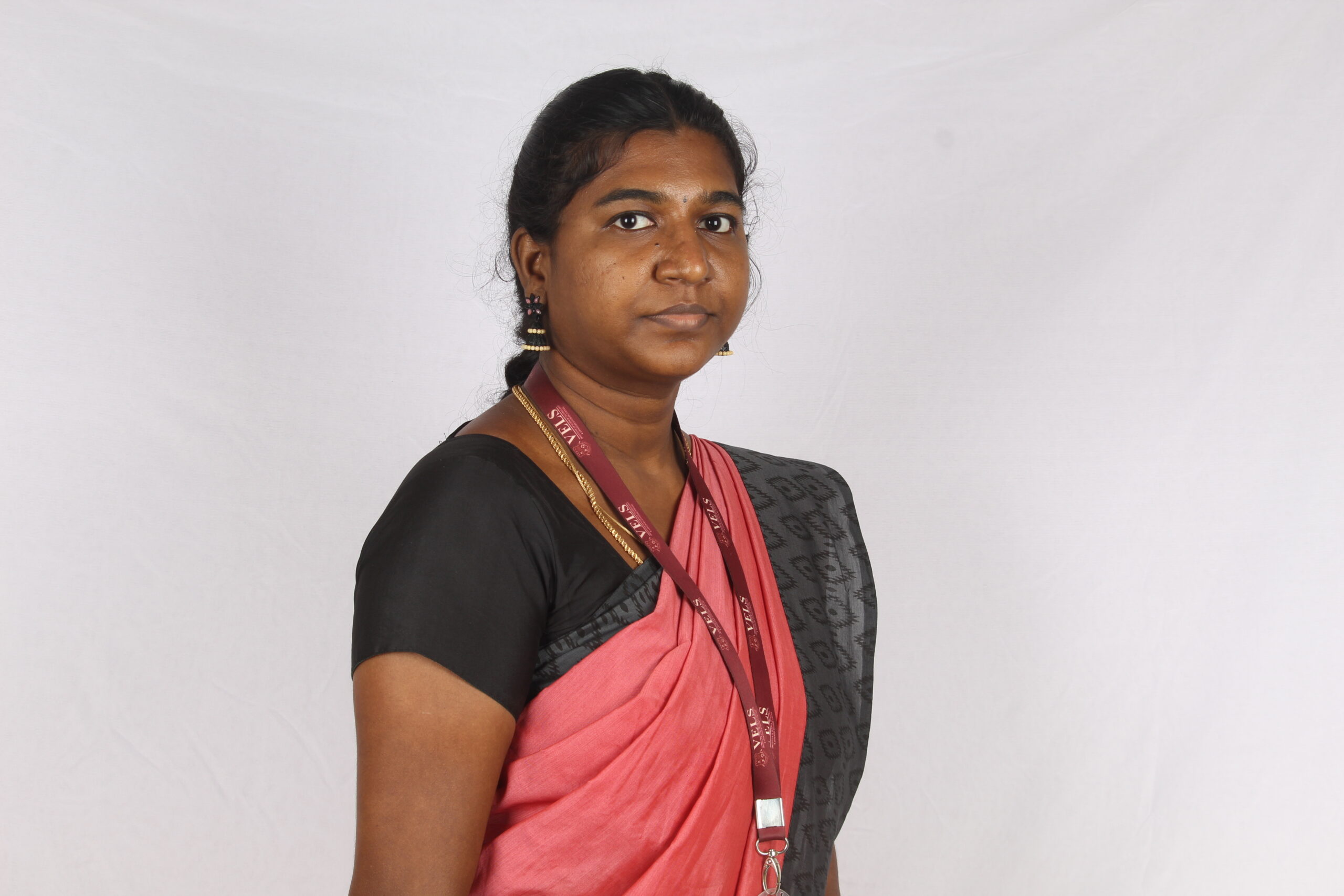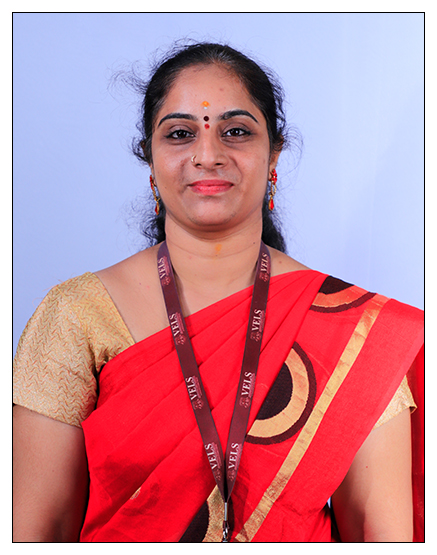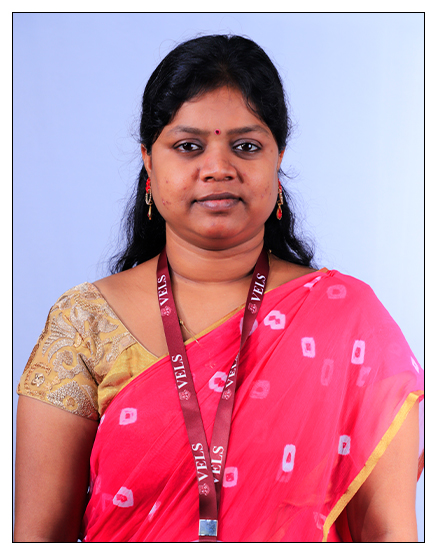Vision
To develop as a department of eminence, by achieving high standards in both research and teaching, and to become a sought-after destination for highly motivated students and faculty. The Department aspires in delivering distinctive learning skills in biotechnology enabling excellence in professional competence and innovation for further betterment of society and mankind.
Mission
- To maintain high standards of teaching by innovating pedagogy, instilling in students the ability to be lifelong learners, and continually upgrading the program curriculum with international standards of life sciences education and to meet the requirement of industry and research community.
- To adopt effective teaching methods to improve the learning process and impart knowledge of biology and technology.
- To provide a flexible curriculum that allows the students to study courses of his/her choice (through Elective courses) that will fulfill their aptitude and professional aspirations.
- To provide hands-on training and technical skills to transform students into technocrats and facilitate research and higher education in the fields of biotechnology.
- To create opportunities and a supporting infrastructure for students – through laboratory courses, projects, dissertations, and possible entrepreneurial ventures in biotechnology to achieve their aspirations. To pursue and promote cutting-edge research in selected fields of biotechnology
 CHAT WITH A STUDENT
CHAT WITH A STUDENT

